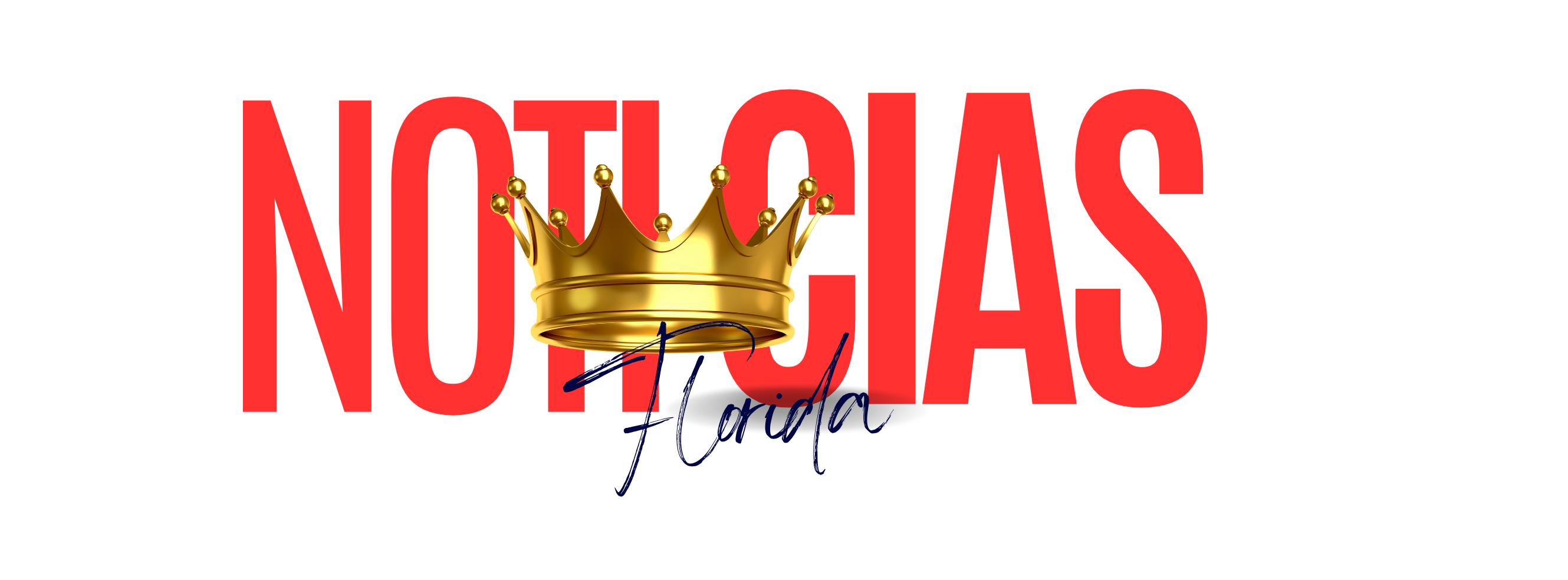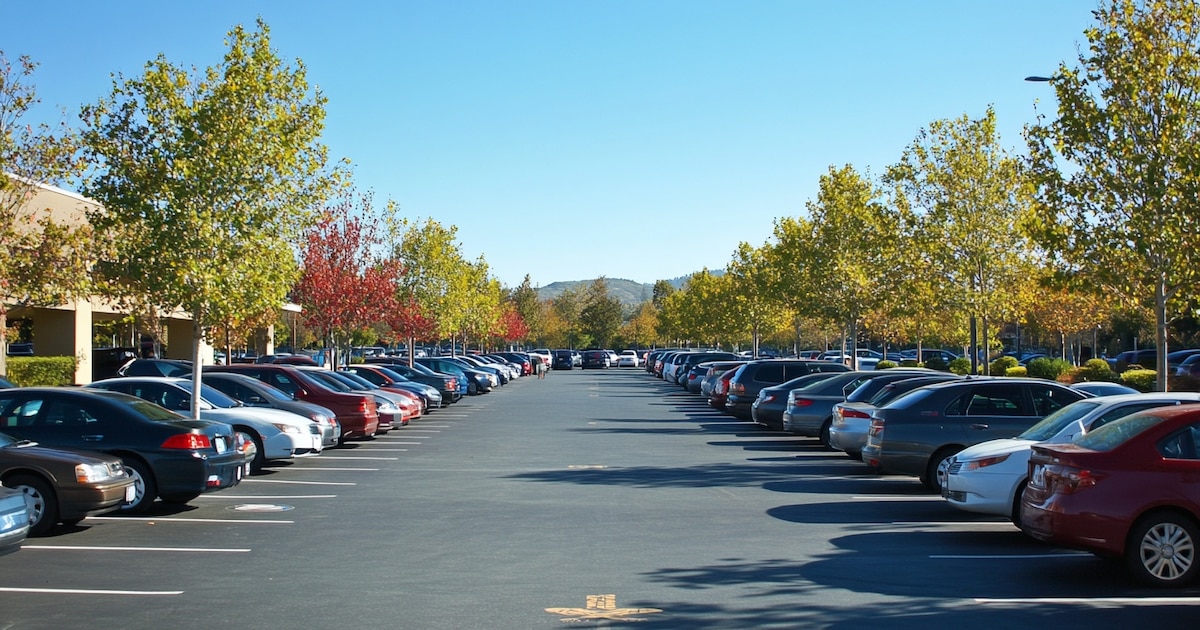LONDON (AP) — Three allies of Israel used words like “abhorrent” and “monstrous” this week to describe the country’s actions in Gaza.
The leaders of Britain, France and Canada — consistent defenders of Israel’s right to strike back at Hamas after its October 2023 attack — now express dismay at the high civilian death toll in Gaza and the monthslong blockade of supplies that has led to famine warnings.
While their rhetoric is remarkably strong, it does not mean tough action will follow.
What did France, Britain and Canada say?
U.K. Prime Minister Keir Starmer, French President Emmanuel Macron and Canadian Prime Minister Mark Carney called Israel’s renewed Gaza offensive after a two-month ceasefire “wholly disproportionate.” They threatened to take “concrete actions” if Prime Minister Benjamin Netanyahu’s government doesn’t halt the offensive and lift restrictions on humanitarian aid.
They condemned as “abhorrent” some of the language used by members of the Israeli government suggesting the destruction of Gaza will drive Palestinians to leave.
Starmer said he was “horrified” by Israel’s escalation of the conflict, which has left more than 53,000 dead in Gaza, more than half women and children, according to local health officials, whose count does not distinguish between combatants and civilians.
U.K. Foreign Secretary David Lammy called Israel’s actions in blocking aid to Gaza and renewing its military offensive “monstrous,” while another U.K. minister, Jenny Chapman, called the move “abhorrent.” French Foreign Minister Jean-Noël Barrot said Israel’s “blind violence” had made the Palestinian territory a “place of death.”
The war in Gaza began when Hamas-led militants attacked Israel on Oct. 7, 2023, killing some 1,200 people and abducting 251 others. Netanyahu says Israel is still fighting to rid Gaza of Hamas and free the remaining 58 hostages.
Why are these countries speaking out now?
These longstanding U.S. allies have increasingly banded together since President Donald Trump roiled the world order by imposing widespread tariffs, disparaging the European Union — of which France is a key member — and expressing a desire to make Canada the 51st U.S. state.
They all have broadly centrist leaders whose aims and world views overlap. And all three are looking to be on the same page when Carney hosts a Group of Seven summit in Alberta in June.
Bronwen Maddox, director of London-based think-tank Chatham House, said outrage at the war in Gaza has been building — including from some officials in the United States, Israel’s strongest ally.
She said the statement by Britain, Canada and France may have been “accelerated at the political level by a perception that the U.S. is changing a bit, that Donald Trump himself is getting a bit tougher on Israel, specifically on telling it to let in more aid.”
Did the UK, France and Canada follow words with actions?
Britain suspended trade deal talks with Israel and summoned the country’s ambassador to the U.K., Tzipi Hotovely, in a bid to ramp up pressure on the Netanyahu government. The U.K. also sanctioned three West Bank settlers, two illegal settler outposts and two organizations “supporting violence against the Palestinian community.”
Maddox said the limited sanctions the U.K. has announced will have little impact, and are “clearly at the bottom of the ladder of possible steps.”
Canada and France did not announce any specific new measures.
Carney’s office said the government was “evaluating our options in consultation with partners.” Last year Ottawa sanctioned extremist West Bank settlers and stopped arms exports to Israel.
Why don’t they go further?
The leaders have had to carefully calibrate their words and actions in the face of competing pressures. None has labeled Israel’s actions genocide, despite strong pressure from supporters of the Palestinians to do so.
Macron must walk a tightrope between the passions and anger the war has provoked in France’s Jewish and Muslim communities, both the largest in Western Europe.
David Rigoulet-Roze, a researcher at the French Institute of Strategic Analysis, said France attempts to maintain balance between the two communities but is sometimes in a position of unstable equilibrium.
Since Oct. 7, “this has explained the oscillations from one side to the other, in search of that difficult-to-find point of balance,” he said.
France also sees itself as a defender of international law, and accusations against Israel’s conduct in Gaza have become harder for the government to overlook, especially as it is pressuring Russia to respect international law in Ukraine.
Starmer, a former human rights lawyer, also places a premium on upholding international law.
His center-left Labour Party has faced pressure from Muslim voters who traditionally have backed the party in large numbers. Labour lost several seats in last year’s national election to pro-Palestinian independent candidates after Starmer initially refused to call for an immediate ceasefire in Gaza.
At the same time, Starmer is sensitive to allegations of antisemitism within his party. He has worked hard to restore relations with the Jewish community that soured under his strongly pro-Palestinian predecessor as Labour Party leader, Jeremy Corbyn.
What comes next?
The Financial Times reported that the U.K. is considering imposing travel bans and asset freezes on two far-right members of Netanyahu’s government, Finance Minister Bezalel Smotrich and National Security Minister Itamar Ben-Gvir.
Starmer’s spokesman, Dave Pares, would not comment on the report but said “we always keep our sanctions regime under review.”
Britain’s targeted sanctions, like its suspension of trade talks with Israel, are largely symbolic. The much larger EU also is reviewing its longstanding trade agreement with Israel.
“It won’t change Netanyahu’s policy, but it’s the entire European Union signaling that there is, in fact, a form of defiance toward the Israeli government,” said Rigoulet-Roze, the French analyst.
But the 27-nation bloc is far from united. Germany, a particularly staunch ally of Israel, did not join its neighbors in ratcheting up criticism. It has stuck to a line of recognizing Israel’s right to defend itself while also being critical of its conduct in Gaza and pressing for humanitarian aid. But it has steered clear of sharp rhetoric.
Former French Prime Minister Dominique de Villepin said the three-country statement, with its strong words but few deeds, showed international helplessness in the face of Israel’s actions. He called for a suspension of European trade agreements with Israel, an arms embargo and charges at the International Criminal Court for Israel’s political and military leaders.
“What is it going to take for European and Western leaders to get to practical work – because there are war crimes, there are crimes against humanity, there is a risk of a crime of genocide,” he said on France Info radio. “We can’t wait.”
___
Leicester reported from Paris. Brian Melley in London, Geir Moulson in Berlin, Sylvie Corbet in Paris and Sam McNeill in Barcelona contributed to this story.
 hace 8 meses
60
hace 8 meses
60





 English (US) ·
English (US) ·  Spanish (ES) ·
Spanish (ES) ·